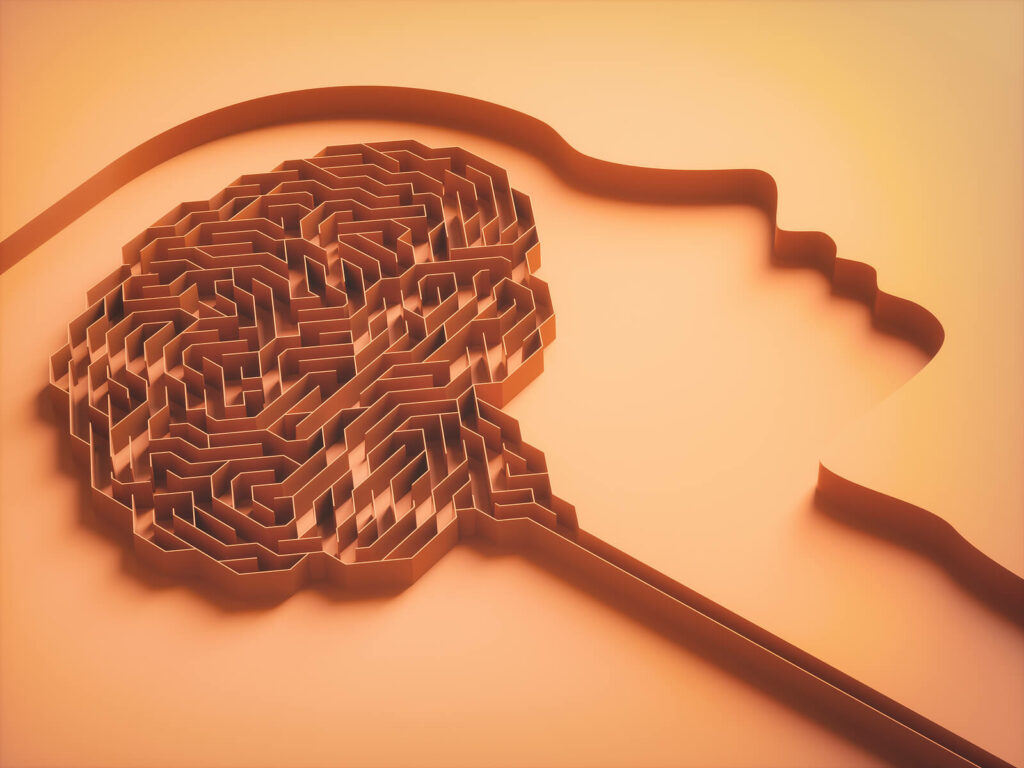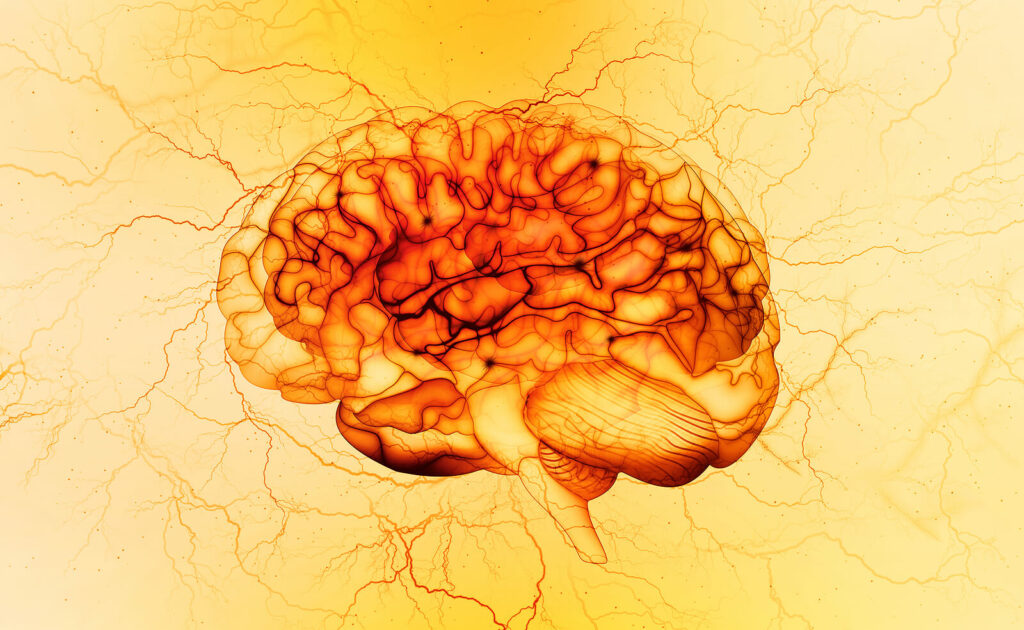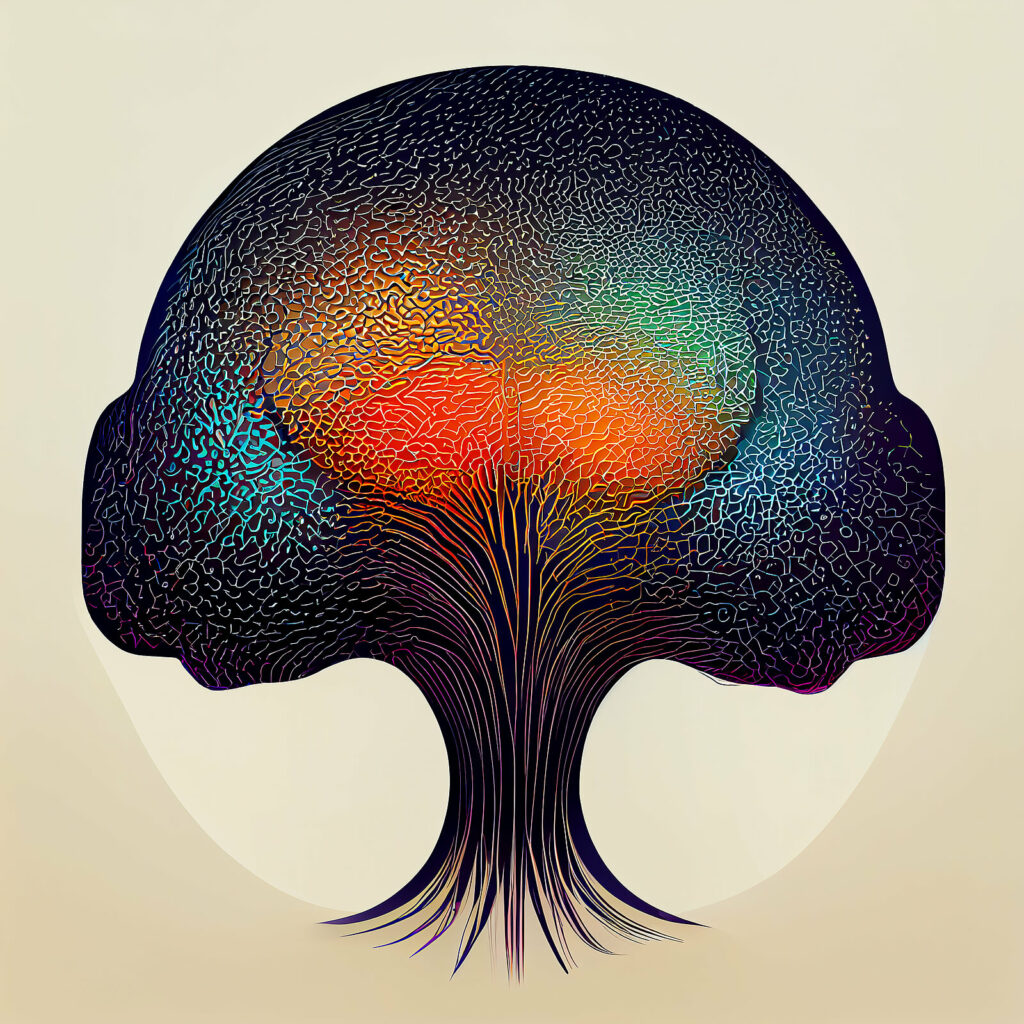The standard of care for anxiety is talk therapy and medication. But this doesn’t always work. Often it doesn’t work fast enough even if it does help. Medications for anxiety can be addicting. The homework for CBT can be an additional burden.
Why do people often stay the course even if help isn’t working? It is too hard to schedule an appointment with your psychiatrist. Your psychiatrist doesn’t get back to you. It is too hard to find a new therapist and start your WHOLE story over again. The one I hate the most is that you believe it is your fault that things aren’t getting better despite being on medication and in therapy.
Neurofeedback for anxiety with DCNE works. We are easy to schedule with. We will call you back. You can even text us at 202-998-2343. And you don’t have to rehash your whole life story.
Neurofeedback for Anxiety
Schuyler Cunningham, our Director, has written a book on neurofeedback and his chapter on neurofeedback is published in the Social Worker’s Desk Reference Guide (see chapter 60).
Neurofeedback is an evidence-based treatment for depression. 50 years of advanced research shows how neurofeedback is effective and is a compliment to the current standard of care.
Neurofeedback for Anxiety Trains Your Brain
Neurofeedback trains your brain. This training is needed because our brains get into a rut. The training breaks that rut. These ruts can add up to anxiety or another mental health condition. For example, anxiety is usually present when someone has too much beta wave activity.
There are a few different kinds of neurofeedback. DCNE also uses many forms of amplitude training to target brain waves, including Alpha/Theta training, as well as z-score training, and infra-slow fluctuation (ISF) neurofeedback. These are all accepted forms of neurofeedback and can be very effective. Neurofeedback is really helpful for treating social anxiety.
We don’t fit you or your brain into a box. We use the best kind of neurofeedback for anxiety for you.
What to Expect During Neurofeedback for Anxiety
We begin our neurofeedback process with a QEEG. The QEEG is the baseline measure of your brain wave activity. We turn the data from a QEEG into a BrainMap. The Brain Map is a summary of the brain wave activity during the QEEG.
Most other practices haven’t invested in the extensive training required to administer and interpret a QEEG. That means you have no idea how the neurofeedback training is going. We have invested. We will show you the results.
See the Change You Wish to Be
Our motto is a reframe of the famous Gandhi quote “Be the change you wish to see.” We say “See the change you wish to be!” A QEEG allows you to see how you’re improving with neurofeedback for anxiety.
From the Brain Map we decide the best form of neurofeedback training for your brain and to meet your goals. For example, if your goal is to reduce your anxiety because you consume too much porn, we can help with that. When you’re done with your neurofeedback training we take another QEEG and make another Brain Map. Then we SHOW YOU the results so you can see for yourself.
A QEEG cannot be used to make a mental health diagnosis. It can support and further explain a diagnosis.
Neurofeedback training is the next step after the QEEG. It is the actual practice of training the brain to function better.
Neurofeedback trains the brain to function better but rewards and/or inhibits brain waves that might prevent the brain from functioning in the healthiest manner. The goals of the training are always set by you so that we know which mental health symptoms we want to reduce or enhance. If your goal is to deal with the anxiety of the unknown, neurofeedback for anxiety can help with that too.
You are Involved Every Step of the Way
This can be very hard to understand. Three are technical words, abbreviations, and YOUR BRAIN!
To bring you along during your neurofeedback for anxiety we will send you a number of emails during your neurofeedback training. These emails educate you about the process. They also seek your input about how it is going. We want to hear from you about what you’re experiencing. You are the most important part of this equation.
Your Commitment to Neurofeedback for Anxiety
Neurofeedback for anxiety sessions is usually about 45-60 minutes long. We really encourage training two times per week. It makes the whole process faster for you and people tend to get better results. We even give a discount if you do two sessions per week because we really want you to do two sessions per week.
Most people do at least 25-30 sessions. The number of sessions you need will be determined as we go. That is why you’re involved every step of the way.
We offer neurofeedback for anxiety because it is effective. In fact. we have seen it work for over 10 years. We are happy to discuss any possible side effects with you before you start neurofeedback for anxiety.
Our clients see a marked improvement in their mental health symptoms after using neurofeedback for anxiety. Many of them can reduce or even stop their medication entirely. In fact, we do neurofeedback because so many of our clients asked for something besides medications.
Begin Neurofeedback for Anxiety in Washington, DC
If you’re sick of the medication rat race. Or, if you’re sick or tired of “Uh-huh, tell me more” therapists. If you are ready for something new.
Discover how neurofeedback for anxiety can help you today.
Our clients love the results they get from neurofeedback, that it sticks over time, and that they can often come off or reduce the dose of their medications.
We will guide you through the process. We offer consultations for anyone interested in our services or who wants to know more. You can book your consultation on our website, by texting us at 202-998-2343 (ADHD), or by emailing [email protected].
We offer free consultations because we want to answer your questions before we begin neurofeedback for anxiety. We are your resource, even if you don’t work with us.
Beyond Neurofeedback for Anxiety
In addition to cutting-edge neurofeedback, we offer:
- Neurofeedback for ADHD
- Neurofeedback for Depression
- Comprehensive mental health assessments
- ADHD mental health assessments for children and adults
- EMDR-focused therapy for trauma
- ADHD focused therapy
- Therapy for Anxiety
- Therapy for Depression
We aren’t just an “uh huh, tell me more” kind of therapy practice. Our goal is to get in there with you and provide real tangible results. We do this through assessments, behavioral counseling, and emotional processing to deal with the stigma of mental health and not feeling good enough.
It is a complete package to get you where you want to be. Get in touch with us today.


